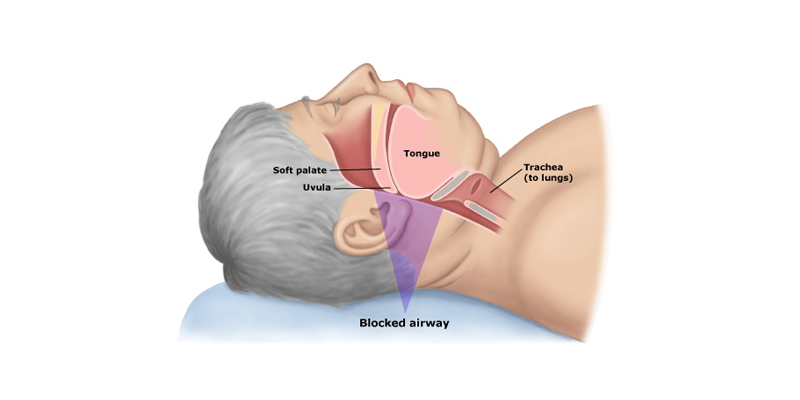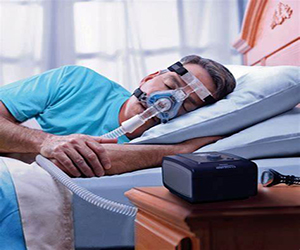Sleep Apnea (SNORING)
Sleep apnea is a condition in which persons stops breathing for few seconds to minute while sleeping. There are 2 types Obstructive and Central. In obstructive sleep apnea is usually due to blockage in upper respiratory tract which includes nose and throat. Central sleep apnea is due to signal disturbance from brain which makes breathing irregular during sleep. Usually patients are unaware of their condition, however sometimes they do get sudden choking episode and wake up in the night. Bed partner (Spouse) will give history of snoring loudly and pauses in breathing if any. Obstructive is far common than central hence we have discussed it below.

- Restless sleep
- Waking up choking or gasping
- Morning headaches, dry mouth, or sore throat
- Waking up often to urinate

STOP-BANG Score for Obstructive Sleep Apnea (Click Here)

- Sleeping sideways (lateral position)
- Lose weight, if you are overweight
- Quit alcohol and other drugs like sleeping pills etc after consulting your doctor.
The most effective treatment for sleep apnoea is "continuous positive airway pressure," or CPAP. People getting CPAP wear a face mask at night that keeps them breathing.
If you are advised CPAP, you may find slight discomfort may first few days. But once you get used to it, it will be very beneficial for your disease and day to day symptoms.
An "oral appliance" or "mandibular advancement device" is sometime used for subgroup of patients. But this doesn’t work as good as CPAP. Sometimes when nothing works, doctor may advice for surgery.

People with sleep apnoea due to poor sleep quality may be tired and less alert which increases risk of road traffic accidents or accidents at workplace if working on machines. Plus, studies show that people with sleep apnoea are more likely than others to have high blood pressure, heart attacks, and other serious heart problems, stroke, developing irregular heartbeats (atrial fibrillation). In people with severe sleep apnoea, getting treated (for example, with a CPAP machine) can help prevent some of these problems.






